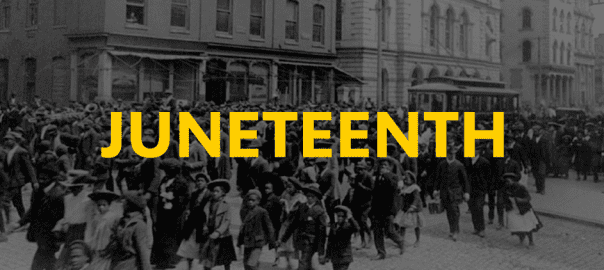June 26, 2023 /Politics/ — According to a 2023 report by Reuters, at least 100 members of the 117th United States Congress are direct descendants of people who were slaveholders. This includes 28 members of the Senate and 72 members of the House of Representatives.
The report found that the descendants of slaveholders are disproportionately represented in Congress, making up about 20% of the body despite comprising only about 1% of the overall population. This is likely due to the fact that many of the families who owned slaves were also wealthy and well-connected, which gave their descendants an advantage in terms of education and opportunity. Continue reading



